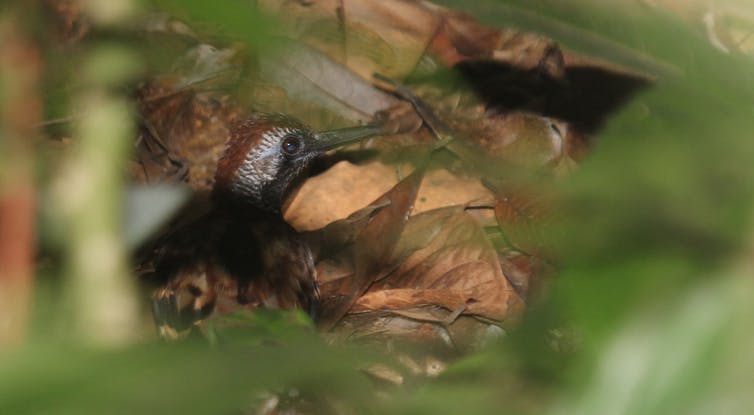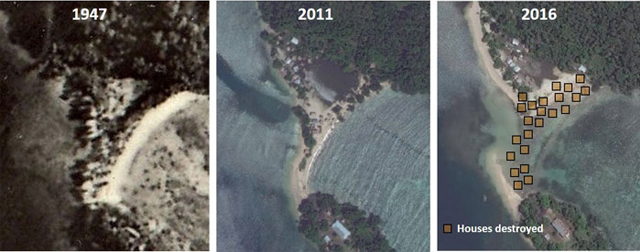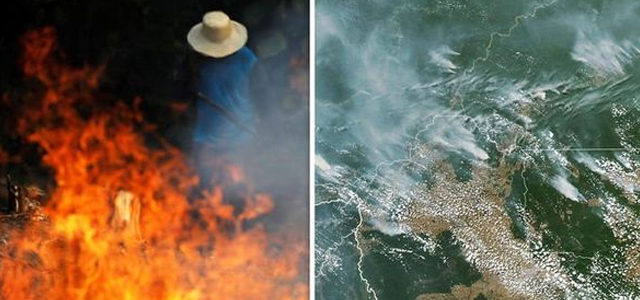The Amazon in South America is the world’s largest tropical rainforest and the only rainforest that is left in terms of size and diversity worldwide.
Covering more than 5.6 million square kilometres, and often referred to as “the lungs of the earth” the rainforest provides nearly 20% of the world’s oxygen supply and is home to approximately one million indigenous people as well as around three million animal and plant species.
For the last 19 days it has been on fire. Every minute the size of two football fields are burning.
According to the WWF: “In addition to seriously affecting the biodiversity of the area, the fires worsen the climate crisis due to carbon emissions from the burning of organic materials. The affected areas will be more vulnerable to droughts, floods and other effects of climate change, due to lack of vegetation.”
We often undertstand rainforests to be humid ecosystems that surely should be invulnerable to such devastation, but as recently reported by Jos Barlow, Professor of Conservation Science, Lancaster University and Alexander C. Lees, Senior Lecturer in Conservation Biology, Manchester Metropolitan University, it is most likely (and unfortunately) due to human intervention.

While the fires rage, the issue has become a political one. Brazil’s President Bolsonaro, accused the national NGO’s of starting the fires without any evidence. Amid increasing international pressure, lead by French President Macron, who has urged members of the G7 Summit to take action in this international environmental crisis, Bolsonaro has agreed to send troops into the Amazon to fight the fires, as there are not enough firefighters. These troops have not only been mobilised to fight the fires, but to prevent farmers from setting new ones.
At the same time, on this side of the globe, the low-lying Pacific islands are on the frontline of the climate crisis, battling rising sea levels, forcing some residents to move to higher ground.

According to The Guardian, Australia stood in opposition to other Pacific Islands nations after distancing itself from language calling for “urgent action on climate change” at The Pacific Islands Forum that took place last week in Tuvalu.
We all need to be on the same page, all over the world the environment is begging for attention and care, so we need to stand up.
We have now the chance to unite at a single voice getting involved with the Global #ClimateStrike to demand an end to the age of fossil fuels and climate justice for everyone.
Join school students and workers on 20 September to march and raise continued awareness for more climate action.
Angela Cadena













1 thought on “Taking action for the sake of the lungs of the earth”
Thanks for the encouragement to love our neighbours as ourselves. There are resources for church participation in the climate strike, links to pre-strike worship events, and Season of Creation worship resources to go with it at http://unitingearth.org.au